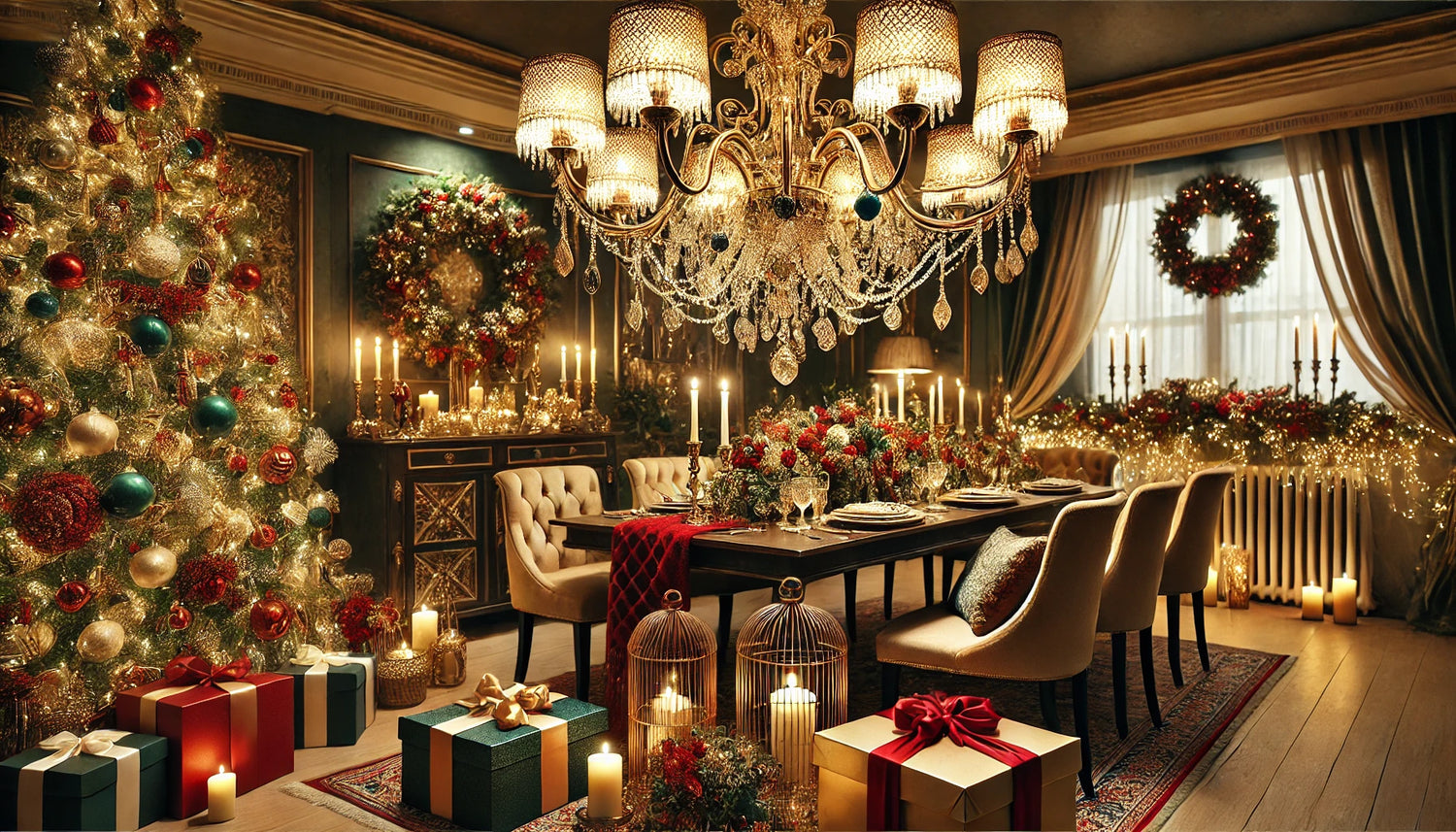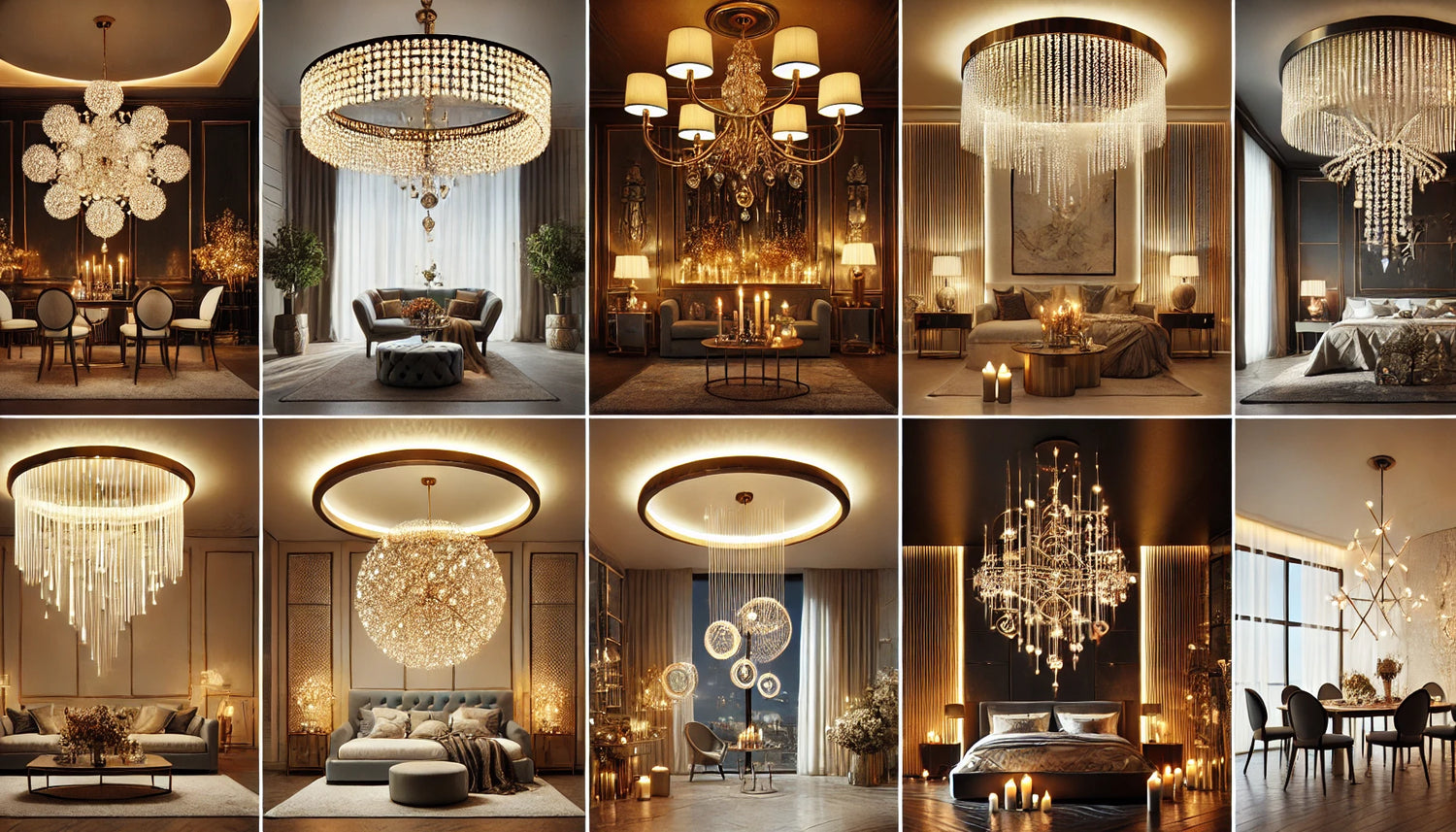Your bedroom is your sanctuary—a place of rest, relaxation, and personal expression. A well-chosen duvet cover can transform the look and feel of this space, making it cohesive and inviting. But with an endless array of colors and patterns available, deciding on the perfect duvet cover color can feel overwhelming.
This guide will walk you through practical tips and creative ideas to select duvet cover colors that seamlessly align with your interior decor.
Why Color Choice Matters in Your Bedroom
The color of your duvet cover plays a significant role in setting the mood and tone of your bedroom. Since your bed is often the largest piece of furniture in the room, it naturally becomes a focal point. The right color not only complements your existing decor but also influences the room’s ambiance, from serene and calming to bold and energizing.
Understand Your Bedroom’s Color Palette
The first step in choosing a duvet cover color is to evaluate the existing color palette of your bedroom. This includes:
- Wall Color: Whether your walls are neutral, pastel, or bold, your duvet cover should harmonize with or contrast beautifully against them.
- Furniture Tones: Wooden furniture, metal bed frames, or upholstered headboards all contribute to the room's overall color scheme.
- Accent Colors: Look for recurring colors in decor items like curtains, rugs, throw pillows, or artwork.
For example, if your walls are painted in a soft gray, a duvet cover in blush pink or navy blue can provide a striking contrast while maintaining balance.
Decide on the Mood You Want to Create
Colors have a psychological impact, so consider the mood you want to evoke in your bedroom:
- Calming: Soft hues like lavender, sky blue, and sage green promote relaxation and are ideal for restful sleep.
- Luxurious: Deep jewel tones such as emerald green, burgundy, and royal blue add an opulent touch to the room.
- Cheerful: Warm tones like sunny yellow, coral, and peach bring energy and brightness.
- Minimalist: Neutral shades like ivory, beige, and taupe create a serene and uncluttered atmosphere.
Matching your duvet cover color to your desired mood ensures the space feels aligned with your personal preferences.
Balance Patterns and Solids
While choosing a duvet cover color, also think about patterns. Solid-colored duvet covers are timeless and versatile, but patterned options can add visual interest and character. If your bedroom already features a lot of patterns—on curtains, rugs, or cushions—it’s best to opt for a solid duvet cover in a complementary color. Conversely, a patterned duvet cover can bring life to a minimalist or monochromatic room.
Pro Tip: When mixing patterns, stick to a cohesive color palette and vary the scale of the patterns to avoid visual clutter.
Work With Seasonal Colors
Consider changing your duvet cover color based on the seasons:
- Spring and Summer: Light, airy colors like pastel yellow, mint green, or sky blue enhance the freshness of warmer months.
- Fall and Winter: Rich, warm tones such as rust orange, chocolate brown, or deep plum create a cozy vibe during colder seasons.
Rotating your duvet cover colors seasonally can refresh your bedroom’s look without requiring a complete makeover.
Also, read - Seasonal Bedding Tips: Duvet Covers for Summer and Winter Comfort
Match the Undertones
Every color has an undertone, which can be warm, cool, or neutral. Matching undertones ensures your duvet cover harmonizes with the room's decor. For instance:
- Cool undertones like blue, gray, and white pair well with silver or steel accents.
- Warm undertones like beige, cream, and terracotta complement gold or brass accents.
- Neutral tones work as a versatile base and can pair with both warm and cool hues.
Also, read - Top 10 Trending Duvet Cover Designs to Refresh Your Bedroom Aesthetic
Let Natural Light Be Your Guide
The amount of natural light in your bedroom affects how colors appear. In rooms with abundant sunlight, you can experiment with darker duvet cover shades like navy or charcoal. On the other hand, lighter colors such as soft pink or pale green are better suited for rooms with limited natural light, as they make the space feel brighter and airier.
Pro Tip: Always check how a duvet cover color looks under both natural and artificial lighting before making your purchase.
Also, read - Stay Comfortable Year-Round with Temperature-Regulating Duvet Covers
Consider Textures alongside Colors
The texture of your duvet cover can subtly influence its color perception and how it integrates into your bedroom. For example:
- Matte Textures: These soften the appearance of bold colors, making them less overpowering.
- Shiny Fabrics: Materials like silk or satin enhance rich, deep tones, adding a luxurious sheen.
- Textured Fabrics: Duvet covers with embroidery, quilting, or patterns can create depth and interest even in neutral shades.
Also, read - Why Luxury Duvet Covers Are Worth the Investment
Stay True to Your Personal Style
Your duvet cover is a personal statement, so don’t shy away from choosing a color that resonates with you. If you love vibrant and unconventional hues like mustard yellow or teal, incorporate them into your decor in a way that feels intentional. Pair bold duvet covers with neutral accents to ensure the overall look remains balanced.
Also, read - How Thread Count Impacts Bedding Quality
Opt for Complementary Color Schemes
One way to achieve harmony in your bedroom is by using a complementary color scheme. Complementary colors sit opposite each other on the color wheel, such as blue and orange or green and pink. Incorporating these contrasts can create a dynamic yet cohesive aesthetic.
For instance:
- A duvet cover in soft peach can beautifully contrast with teal throw pillows.
- A navy blue duvet cover pairs well with warm gold accents.
This technique ensures that even bold choices look polished and intentional.
Also, read - How to Switch Up Your Bedroom Look with Minimal Effort Using Duvet Covers
Think About Long-Term Trends
While trendy colors may be tempting, choosing timeless hues ensures your duvet cover stays relevant for years. Neutral shades like white, gray, and beige are classic options that adapt well to changing interior styles. However, if you love following trends, consider incorporating fashionable colors through smaller items like pillowcases or throws, which are easier to replace.
Also, read - The Best Duvet Cover Colors for Every Bedroom Style
Add a Touch of Luxury with Layering
Once you’ve chosen your duvet cover, elevate its appearance by layering with complementary bedding elements. A white or neutral duvet cover can be accented with colored shams, decorative pillows, and a textured throw. This approach allows you to experiment with colors without committing to one dominant hue.
Pro Tip: For a cohesive look, repeat an accent color from your duvet cover elsewhere in the room, such as in curtains, artwork, or rugs.
Also, read - Duvet Cover Sets for Kids
Practical Considerations: Maintenance and Material
Finally, consider the practicality of your duvet cover color. Light-colored options like white or ivory may require more frequent washing but exude elegance. Darker shades are more forgiving when it comes to stains or pet hair, making them a better choice for high-traffic bedrooms.
The material also matters—cotton, linen, and microfiber duvet covers come in a variety of colors and finishes, allowing you to balance aesthetics with ease of care.
Also, read - Benefits of Hypoallergenic Duvet Cover Sets for Allergy Sufferers
Conclusion
Choosing the right duvet cover color involves more than simply picking a shade you like; it’s about creating harmony within your bedroom and aligning the space with your personal style. From considering the room’s color palette to experimenting with complementary shades, the possibilities are endless.
Whether you opt for a timeless neutral or a bold statement hue, your duvet cover should reflect the essence of your space and make you feel at home. With these tips, you can confidently select a duvet cover color that transforms your bedroom into a haven of comfort and beauty.



